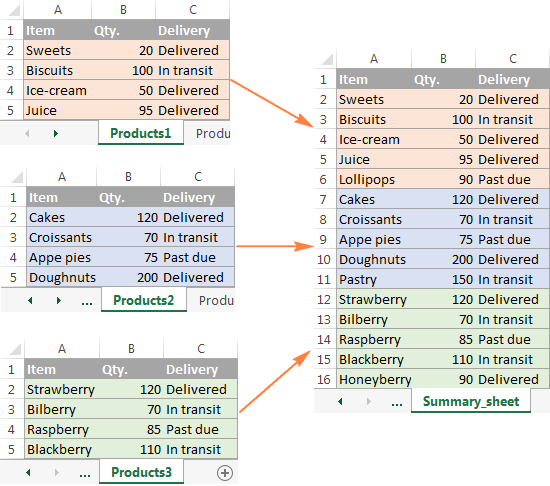5 Easy Ways to Add Sheets in Excel VBA

In the realm of data analysis, manipulation, and automation, Excel VBA (Visual Basic for Applications) is an indispensable tool. Whether you're managing large datasets, automating repetitive tasks, or performing complex calculations, Excel's ability to script these operations through VBA can significantly boost your efficiency. Today, we will delve into five easy ways to add sheets in Excel using VBA, which is one of the fundamental skills for anyone looking to master Excel automation.
1. Add a New Sheet

Adding a new sheet in Excel VBA is straightforward. Here’s how you can do it:
- Open the VBA editor by pressing ALT + F11.
- Insert a new module by clicking on “Insert” > “Module.”
- Use the following VBA code:
Sub AddNewSheet()
ThisWorkbook.Worksheets.Add
End Sub
📘 Note: The above code adds a new worksheet after the last sheet in your workbook. You might want to set a name for it immediately.
2. Add and Name a New Sheet

Often, you might need to not only add a new sheet but also name it. Here’s how:
- Use this VBA snippet:
Sub AddAndNameNewSheet()
Dim NewSheet As Worksheet
Set NewSheet = ThisWorkbook.Worksheets.Add
NewSheet.Name = “NewSheetName”
End Sub
This code adds a new sheet and names it “NewSheetName.”
3. Add a Sheet at a Specific Location

To control where the new sheet is added:
- Use the following VBA code:
Sub AddSheetBefore()
ThisWorkbook.Worksheets.Add(Before:=ThisWorkbook.Sheets(“Sheet1”))
End Sub
This places the new sheet before “Sheet1”. You can change “Before” to “After” for placement after a specific sheet.
4. Add Multiple Sheets

If you need to add more than one sheet at once:
- Here’s the VBA code to do that:
Sub AddMultipleSheets()
Dim i As Integer
For i = 1 To 5
ThisWorkbook.Worksheets.Add.Name = “Sheet” & i
Next i
End Sub
This loop creates 5 new sheets named “Sheet1” through “Sheet5.”
5. Add Sheets Conditionally

You might want to add sheets based on conditions. Here’s how you can:
- Use this VBA code:
Sub AddSheetIf() If Not SheetExists(“MySheet”) Then ThisWorkbook.Worksheets.Add.Name = “MySheet” End If End Sub
Function SheetExists(SheetName As String) As Boolean On Error Resume Next SheetExists = (ThisWorkbook.Worksheets(SheetName).Name <> “”) On Error GoTo 0 End Function
This code checks if “MySheet” exists; if not, it adds it.
📢 Note: Be cautious when naming sheets to avoid duplicates or invalid characters which Excel does not allow.
In summary, mastering VBA to add sheets in Excel can streamline your workflow, allowing for dynamic creation of workspaces tailored to your needs. From basic addition to conditional and multiple sheet additions, VBA’s flexibility lets you manipulate Excel in ways that manual operations simply can’t compete with. Whether you’re preparing financial models, organizing data, or automating reports, these techniques ensure you can work efficiently and effectively.
How do I delete a sheet in VBA?

+
Use ThisWorkbook.Worksheets("SheetName").Delete to remove a sheet. However, ensure that the sheet isn’t protected or linked to other parts of your workbook.
Can I rename an existing sheet in VBA?

+
Yes, you can rename a sheet with ThisWorkbook.Worksheets("OldName").Name = "NewName".
What are the common mistakes when adding sheets with VBA?

+
Not checking for existing sheets, using invalid characters for sheet names, and not handling sheet protection can lead to errors. Always ensure your VBA code checks for these conditions.